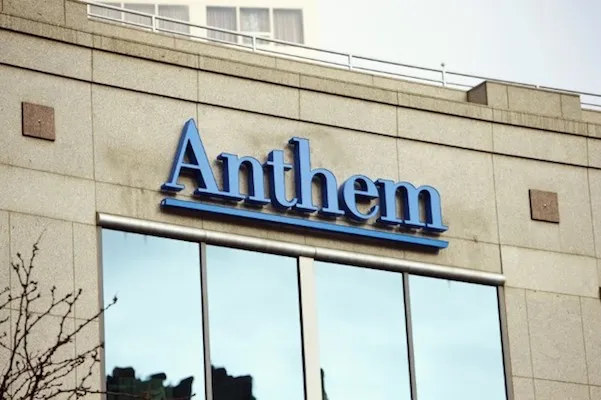Drug chains have gotten used to dealing with fewer, and larger, drug makers, wholesalers and PBMs over the years. Retailers have also consolidated. Now a merger wave has washed over the health insurance industry.
Though acquisitions in other sectors have been driven by the pursuit of economies of scale, the health insurance consolidation is seen as a consequence of the Affordable Care Act. The insurance megadeals — which reached a crescendo with Anthem Inc.’s $48 billion purchase of Cigna Corp. and Aetna Inc.’s $34 billion acquisition of Humana Inc. — provide fast access to the millions of people who have gained health coverage under the ACA. The deals are especially good for capturing Medicaid business, which has expanded dramatically under the health reform law.
Outside of new business resulting from the ACA, the newly enlarged insurers can go after the growing rolls of Medicare Advantage plans, which are private versions of the federal insurance for seniors. Medicare Advantage enrollees are among pharmacies’ biggest consumers, considering that four out of five older adults live with one or more chronic conditions.
One survey of Medicare beneficiaries found that 20% were taking five or more maintenance medications. And though the 65-and-older age bracket represents just over 13% of the population, seniors consume 40% of prescription drugs.
The insurance consolidation will give plans more power to negotiate prices with health care providers, yet chain pharmacies have established their own power — especially chain drug stores, which dispense more than half of all prescriptions (with CVS/pharmacy, Walgreens and Rite Aid accounting for the vast majority).
Anthem president and chief executive officer Joseph Swedish said the purchase of Cigna will mean “expanded provider collaboration, enhanced affordability and cost-of-care management capabilities, and superior innovations that deliver a high-quality health care experience for consumers.”
Mark Bertolini, Aetna’s chairman and CEO, said the Humana acquisition “will allow us to continue to invest in excellent service for our members and strengthen our partnerships with providers to deliver high-quality care at an affordable price.”
With the deals, Anthem and Aetna will have annual revenue of $115 billion or more, putting them in a position to rival UnitedHealth Group, which led the industry last year with $130.5 billion.
Although the acquisitions would seem to create a three-horse race, leaving others insurer in the dust, industry experts note that Blue Cross and Blue Shield plans maintain regional strength. A nonprofit, Blue Cross sells the most plans to big employers in over 30 states. And there are several populous states, including Massachusetts and Washington, where large, for-profit insurance companies lack a significant presence.









